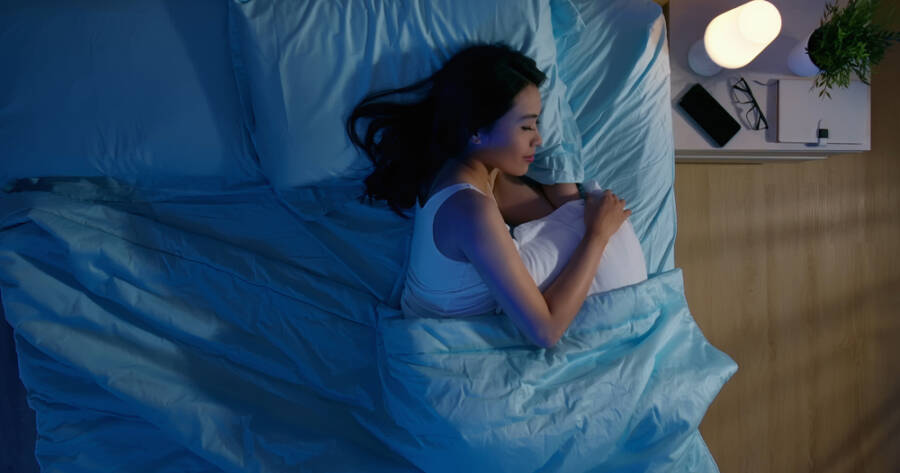Smart lighting technology is transforming how people interact with indoor light, offering enhancements that support circadian rhythms and mood regulation. By mimicking natural light patterns, these innovative systems improve productivity, mood, and overall well-being. Discover how smart lighting solutions enhance daily life, providing personalized environments that cater to both mental health and lifestyle needs.
The Impact of Smart Lighting on Circadian Rhythm and Mood
Smart lighting technology is revolutionizing how individuals experience light within their homes, particularly in relation to circadian rhythms and overall mood. This technology allows for the synchronization of artificial light with natural circadian cycles, enabling users to set lighting schedules that enhance mood and productivity by mimicking natural daylight patterns. In the modern world, where artificial light often disrupts biological clocks, smart lighting offers tailored solutions by gradually increasing light in the morning, which serves as a gentle nudge from sleep rather than an abrupt alarm.
Light exposure plays a critical role in regulating the sleep-wake cycle. The effectiveness of strategic lighting in supporting circadian rhythms cannot be overstated. With the proper type, intensity, and timing, smart lighting systems can mimic the natural light progression experienced outdoors, thereby enhancing mood and productivity throughout the day across various settings. In workplaces, strategically designed lighting fixtures and systems help simulate sunlight exposure, aligning with the body’s natural rhythms and fostering a conducive environment for mental well-being.
Influence of Light on Mood and Cognitive Functions
Beyond circadian regulation, various light types, particularly those featuring blue wavelengths, affect mood through direct and indirect pathways. Specific brain regions involved in alertness and emotional processing are activated by such light exposures, leading to enhanced cognitive performance and mood improvements without necessarily altering circadian rhythms. For individuals experiencing mood disorders, blue light therapy offers a potential modality for improving mood, supplementing traditional treatments or serving as a standalone intervention.
Incorporating light therapy, particularly during the evening, holds significant implications for circadian health. With exposure to artificial lights and screens often disrupting natural cycles, adopting strategies such as “night shift” modes or using light-reducing smart systems can mitigate negative effects of late-day light exposure on sleep quality and cognitive functions. The transition of smart lighting solutions into therapeutic contexts underscores their capacity to improve not only sleep but also overall mental health by supporting neurotransmitter regulation such as serotonin stabilization.
Benefits of Smart Lighting Solutions for Mental Well-being
The integration of smart lighting systems into daily routines offers personalized control over light environments, contributing to improved mental health and well-being. These tailored solutions accommodate individual preferences, whether for more effective waking routines during dark winter months or ambient evening settings to promote relaxation and better sleep quality by mimicking the serene quality of natural light indoors. By facilitating adjustments in light intensity and color temperature throughout the day, smart lighting systems align indoor environments with outdoor conditions, which has been linked to reduced anxiety and faster depression recovery rates.
Architectural designs that maximize natural light, complemented by smart lighting technologies, further enhance mental well-being by fostering a sense of connection to the natural environment. These solutions play an integral role in built environments, enhancing life quality by providing occupants with healthier light exposures that contribute to stable mood and optimized cognitive performance.
Why You Should Learn More About Smart Lighting and Its Benefits Today
Smart lighting is not merely a decorative or convenience-enhancing feature; it is a significant tool for improving circadian rhythm alignment and mood regulation. Given its impact on critical functions like sleep and emotional health, understanding how smart lighting can be implemented in various settings—from homes to workplaces—is crucial for fostering a healthier lifestyle. As such, exploring the potential of smart lighting systems can lead to significant improvements in overall well-being, productivity, and mental clarity while allowing for flexibility and personalization in managing daily schedules.
Sources
Advantages of Smart Lighting in Homes
Lighting Solutions for Health and Productivity
The Influence of Light on Mood

